Which one factor is absolutely fundamental to women having a healthy sex drive?
Is it having "the ideal body", which we're convinced will make us the desire of every man?
Is it owning and wearing the most exquisite lingerie you can buy?
Is it being a yogi - gymnast so you can act out the entire Kamasutra without breaking a sweat?
Is it re-training your brain to think, breathe and live sex by mulling over your sexual fantasies and doing libido-boosting visualisations daily?
Is it having a sexually adventurous, Samantha Jones-esque personality and not being afraid to search sex shops far and wide for the latest and greatest toys?
Is it being comfortable with and well-practised at masturbation so you're familiar with what your body likes?
Is it being assertive and vocal in bed, and being able to confidently ask for what you want?
It's NONE of these. Whilst some of these are important ingredients to a healthy sex life, there's a HUGELY fundamental sex drive-promoting necessity that's glaringly absent from this list.
The most important thing you can do as far as your desire for sex goes?
It's having enough fat on your body.
Yep, having enough or ample fat, not as little fat as possible.
If, like most women, you're weight loss dieting... if you're partly starving and/or overexercising your body to get down to or maintain the levels of body fat approaching that of fitness and fashion models (the official body type desired by the average woman in our culture because we think it will buy sexuality)...
... then your fertility, your sexual desire, your fitness, your energy levels, and of course your overall health, will actually suffer.
And without these things, even the most dedicated Kamasutra practitioner, sex toy aficionada, "perfect" figured gym-bunny, or modern woman with sex communication skills of steel will not be able to get it on... let alone get off.
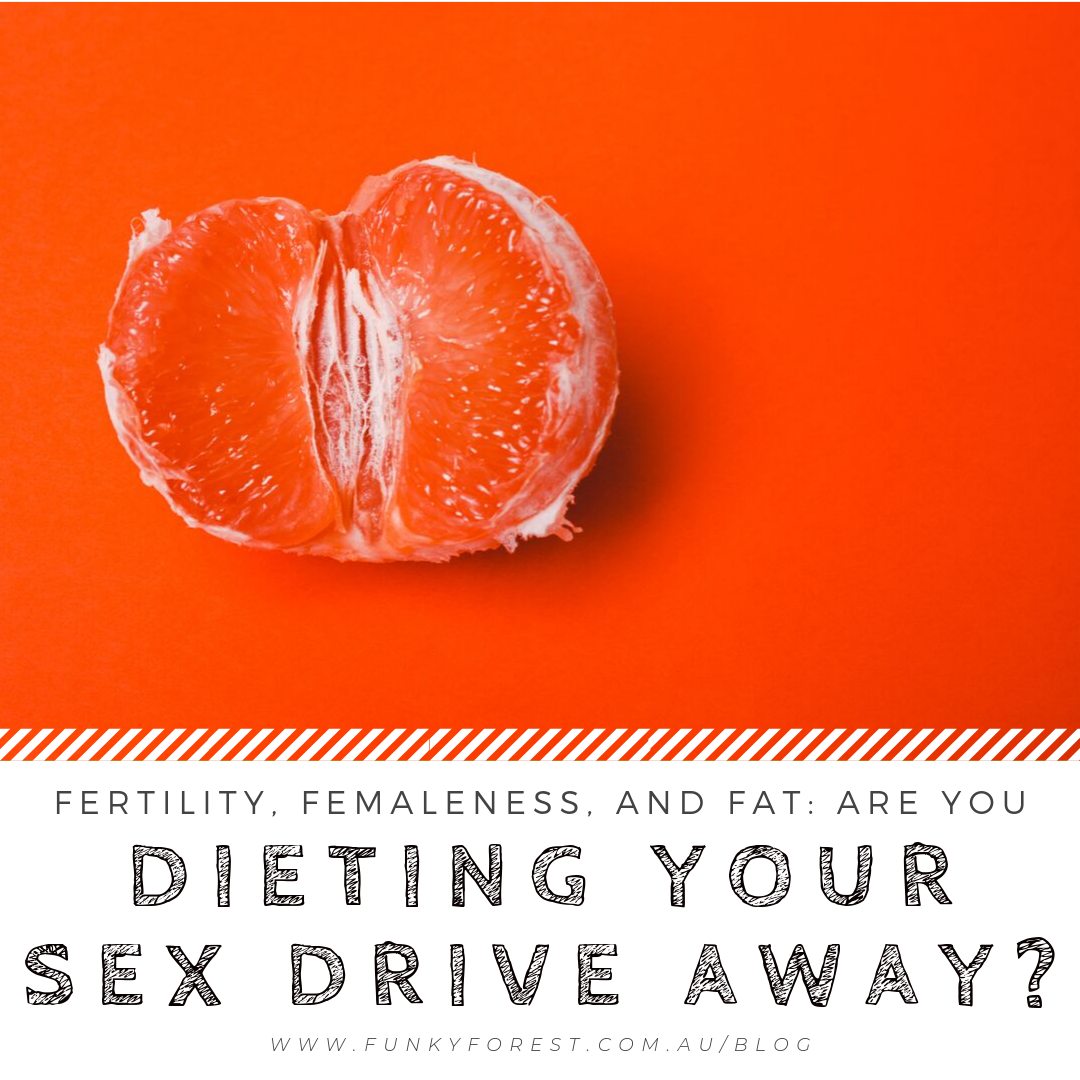


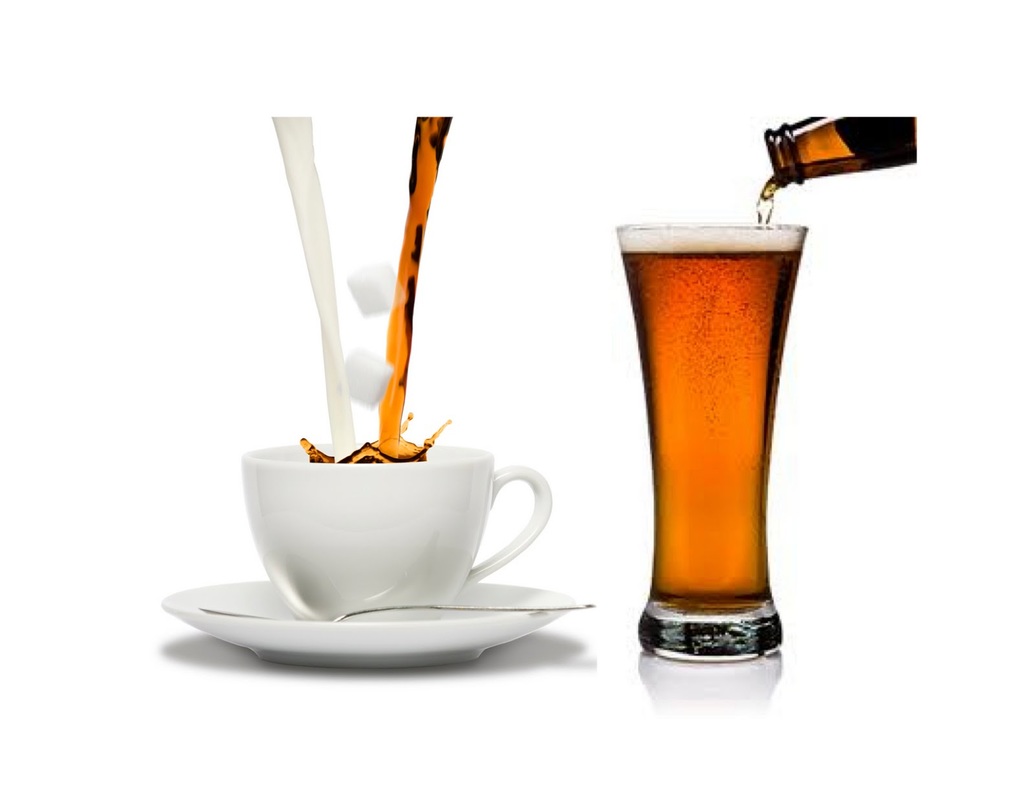
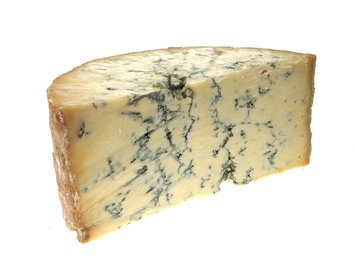
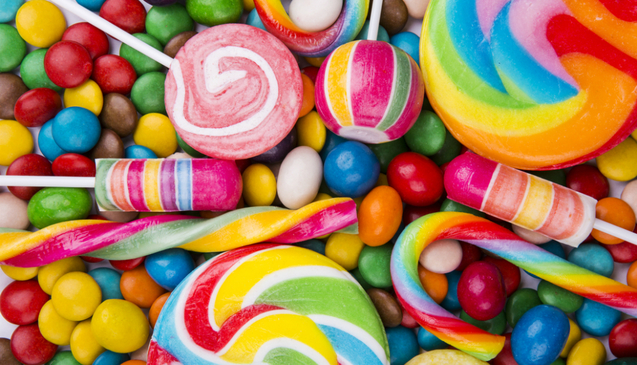
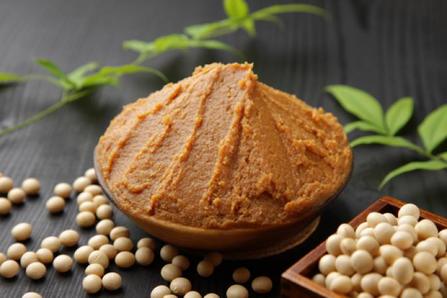




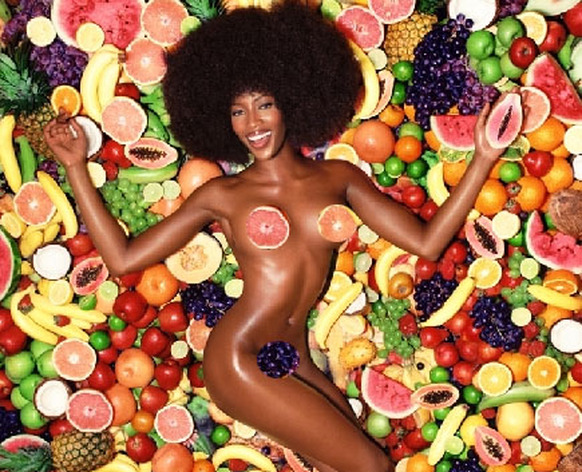
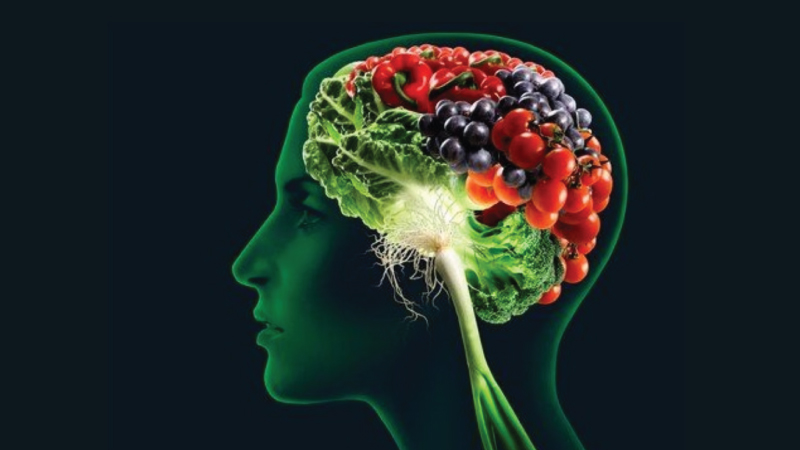
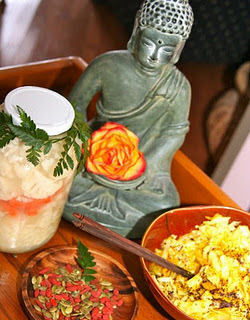




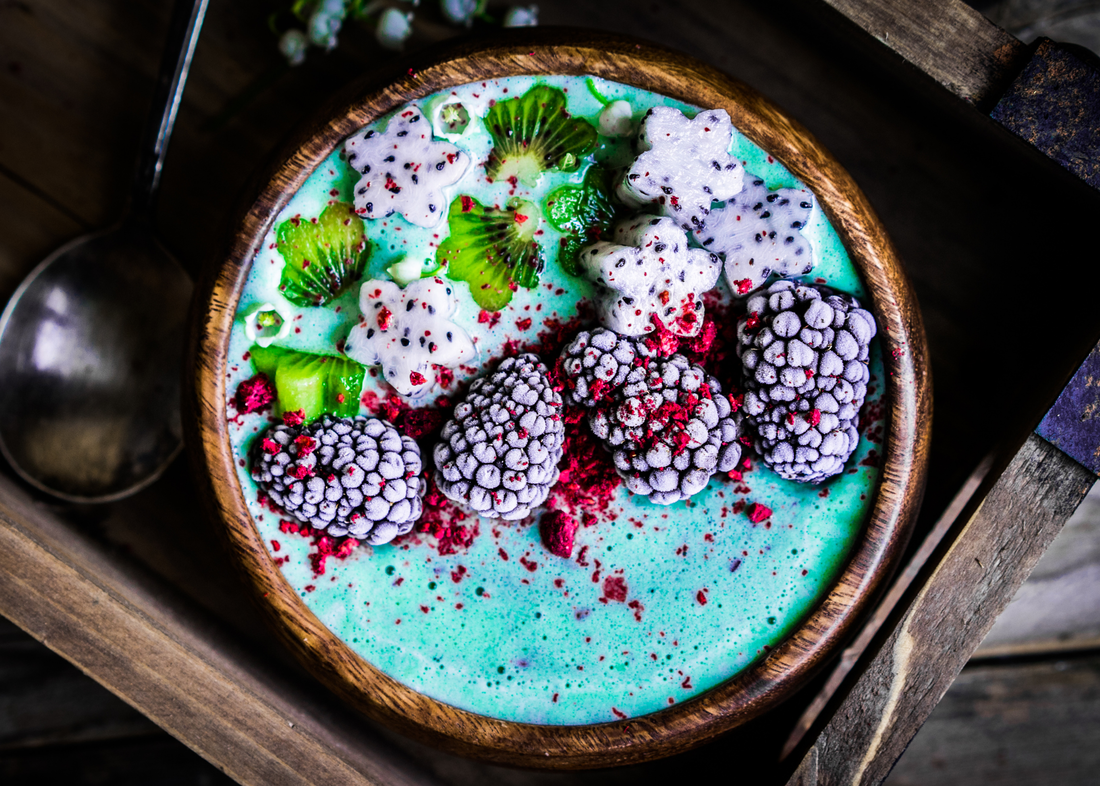
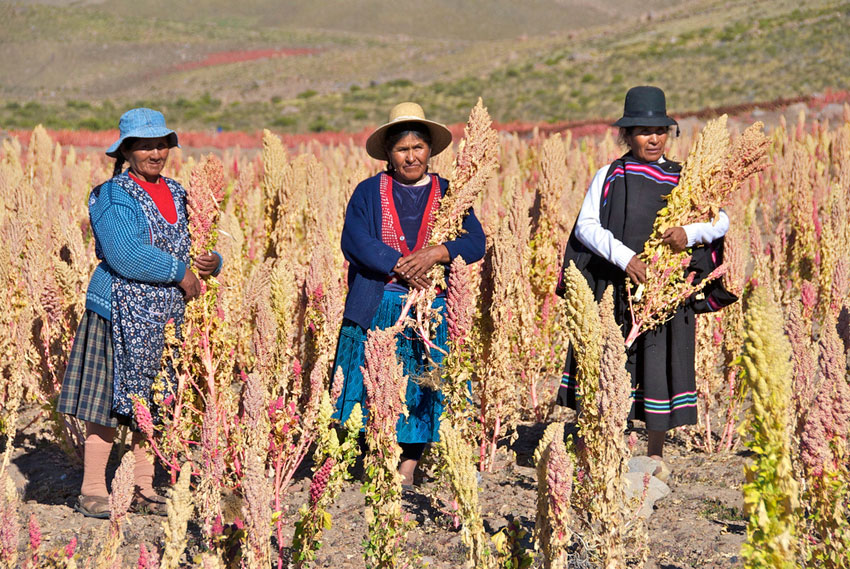

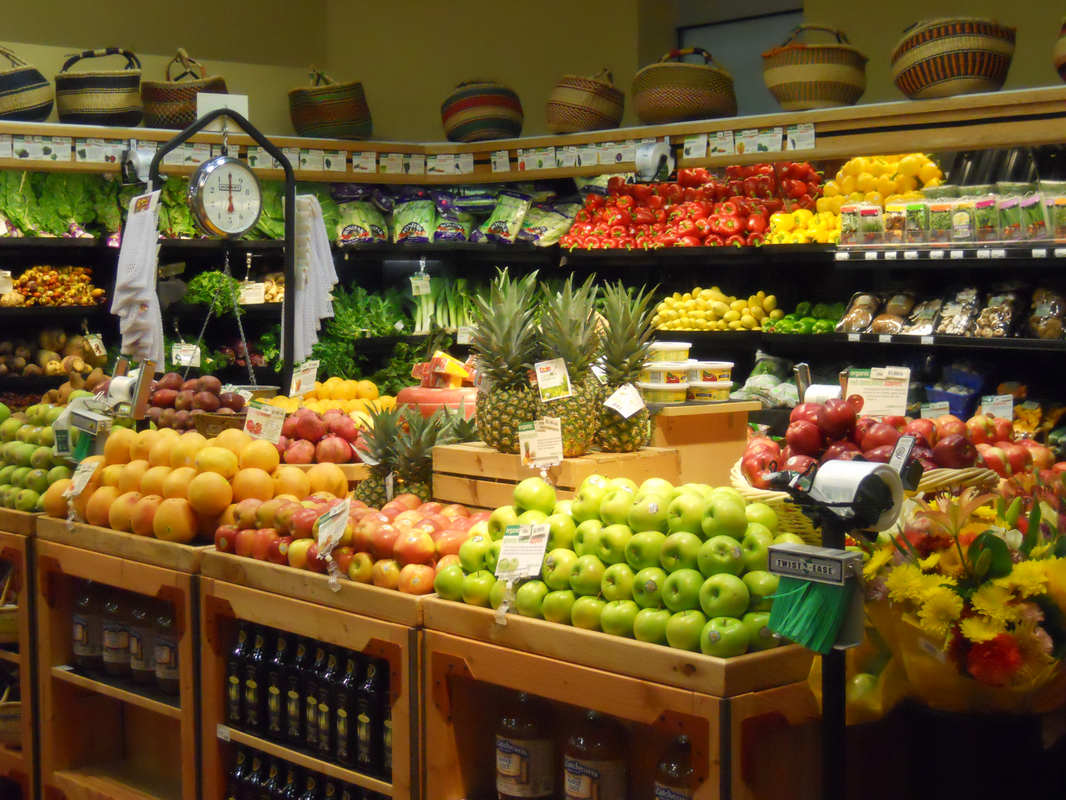
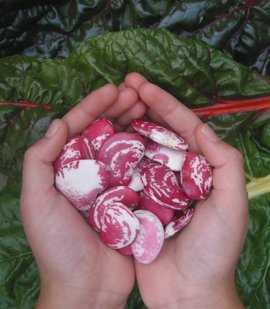
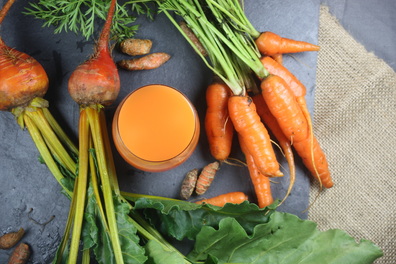


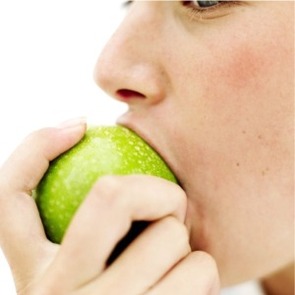

































 RSS Feed
RSS Feed



